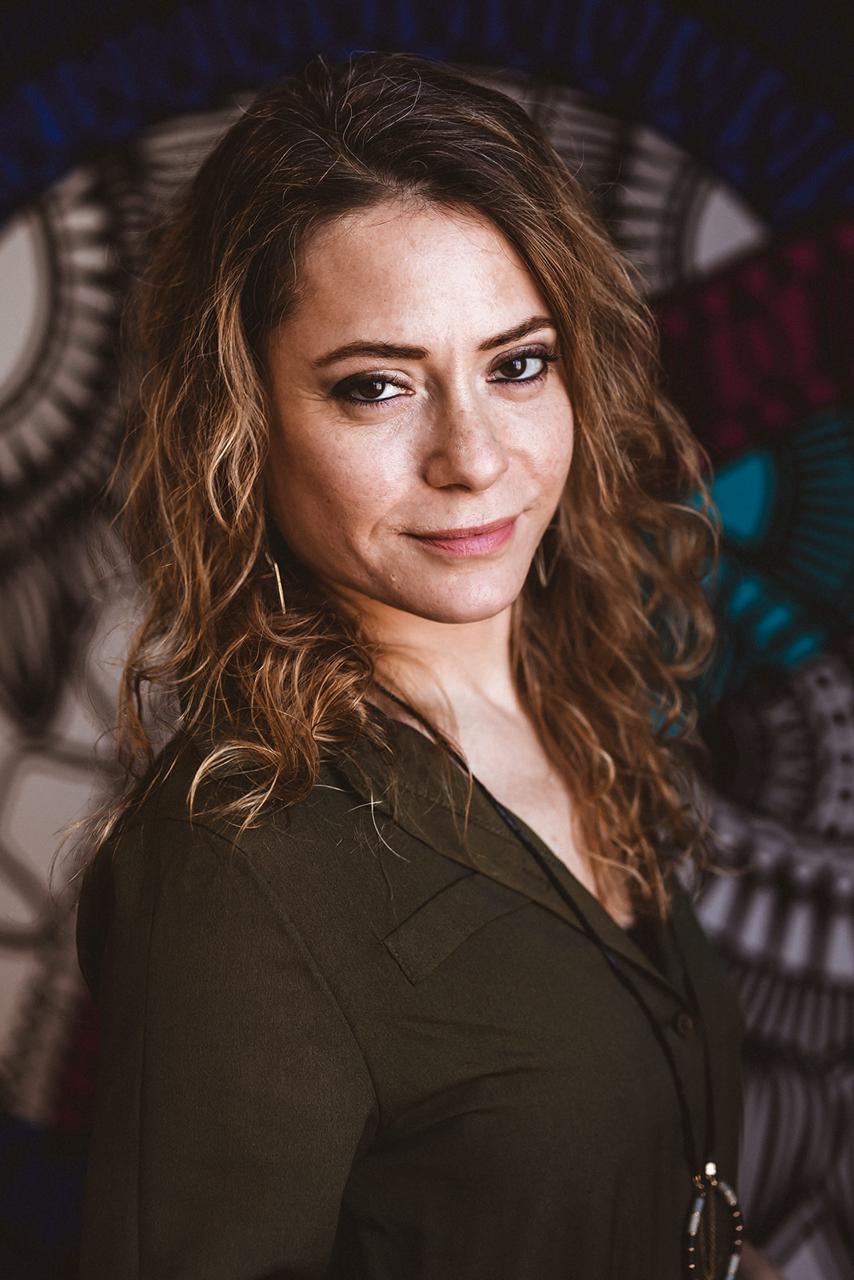As an eight-year-old child, Rabbi Scialom Bahbout and his family experienced their own Exodus as they escaped the oppression of the Libyan government and made their way to Italy where he would grow up to become a rabbi serving the Jewish people in his adopted homeland of Italy and many countries around the world. Rabbi Bahbout and his wife Lenore Rosenberg Bahbout recently taught us that Judaism looks at freedom holistically.
While many modern Jews know Passover as the Jewish holiday of freedom, it is only one of three major holidays that celebrates liberation and the coming together of the Jewish people. In exploring the link between these three holidays and the arc of the Jewish year, we at Be’chol Lashon also see the story of our work–-moving from systems of oppression to collective liberation, finding spiritual freedom, and working together to sustain a community of belonging. We know from tradition that this journey brings us together and strengthens us all. The funds from our Freedom Campaign from Passover, to Shavuot, and then through Sukkot, will help to financially ensure a thriving Jewish future with liberation at its core.
When the ancient Israelites left Egypt, each individual tribe walked together. Even when they reached the Promised Land, they would utilize their own resources and camp as distinct tribes in their own areas. But three times a year, all the tribes would leave their individual parcels of land and come together as a Jewish people in Jerusalem for the pilgrimage holidays of Passover, Shavuot, and Sukkot.
To many modern American Jews, Passover is a uniquely significant holiday, with the festive Seder and storytelling. For many of us, Shavuot has receded into the background, often recalled primarily for its connection to cheesecake and blintzes. While Sukkot, with its quaint booths and odd greenery, falls somewhere between the two – known even if less observed. For our ancient ancestors however, these three holidays were the holidays, the three pilgrimages, shlosh regalim in Hebrew. While distinct from each other, they were closely tied together and all critical to the life and spirit of the people.
In addition to being linked by the act of coming to Jerusalem and the agricultural cycles of harvesting, these holidays were also tied together thematically; each holiday highlighting a different aspect of freedom. Passover is freedom from oppression, Shavuot offers spiritual freedom, and Sukkot frees us from economic restraints. Together they tell a story of liberation that resonates strongly through the generations.
The first step in the process of liberation is freedom from oppression. The Exodus story is powerful because it focuses on the essential truth that to be free, we cannot be enslaved, and even the strongest of peoples can be subject to oppression. Once the Israelites left the narrow constraints that Egypt had placed on their bodies, they were physically free. But that was not enough. To achieve freedom fully, we need to have our spiritual needs met as well.
Each year at Shavuot, the Jewish people recount the giving of the Torah at Sinai. In a celebration of Jewish diversity, Shavuot embraces the idea that all Jews, across all past and future generations, were present at this moment of revelation when we, as a people, could embrace the freedom to chart our own spiritual path.
Sukkot is also known as the time of our joy, z’man simchatainu in Hebrew. Having worked the entire season in the fields, sowing and reaping, planting and harvesting, our ancient ancestors would come to Jerusalem and celebrate the fruits of their labor. Their ability to put in stores for the cold season must have provided them great comfort and an opportunity to relax. This was, in many ways, a celebration of economic freedom.
Each time our ancestors came together in Jerusalem, they brought sacrifices at the Temple and celebrated with festive meals. People would invite each other to share the bounty and break bread, regardless of the tribe. They were a diverse community joined in the journey of liberation and resource-sharing. This is how holiness was expressed at its peak.
Taken together, these three holidays tell us a critical story about liberation. Freedom from oppression is the first essential step, but it is just the beginning. We as humans need spiritual and economic freedom as well. Our tradition sees those not as one-time givens but as part of an ongoing cycle. Every year, in every generation, we must be liberated from oppression, embrace spiritual liberation, and ideally come to a place where everyone’s basic needs of sustenance are met.
This process of liberation is collectively, not individually achieved. Nor does it happen unless we come together across our tribal lines. When celebrating the three pilgrimage holidays, the tribes gathered in one place and shared with each other. Resources were pooled, spiritual needs met, and connections made. It was the pinnacle of Jewish peoplehood.
At Be’chol Lashon, we believe that a thriving Jewish present and future happens when we come together across race and ethnicity in the effort to liberate all groups from oppression and ensure the spiritual belonging of all members of our people. This is what we work for every day. Your financial contributions help to ensure our collective future. Like Rabbi Bahbout, we hope that you see yourself as part of this collective future in Be’chol Lashon’s Freedom Campaign.
Original artwork by Davi Cheng









